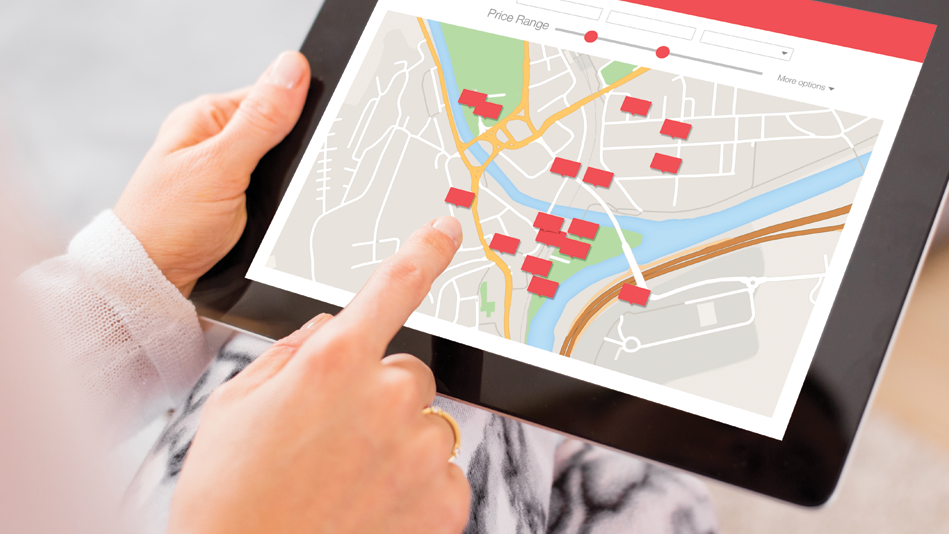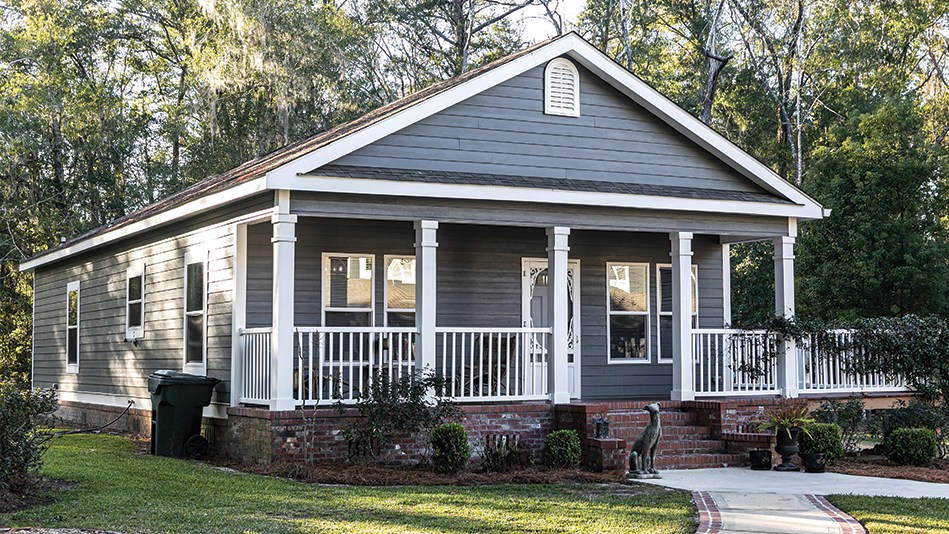Owning a home can be exciting, but the process can feel overwhelming to a first-time homebuyer. If you’re on your first-ever house hunt, APHW is here to help! Our guide offers simple tips on how to become a homeowner, so you can find your perfect home and be prepared at every stage.

How to get your financial house in order
Before you begin house hunting, it’s important to know how much house you can afford. Take the following steps to start your homebuying journey on the right foot.
Know your stats
Before officially beginning your search, learn all your financial information and the steps you need to take to become a better mortgage loan candidate. It’s best to give yourself a couple years before embarking on the homebuying process, so you have enough time to get your financial picture right where you want it.
Paying off debt can work in your favor, but avoid making any big financial changes if you can, like closing a line of credit, taking out a car loan, or adding to your debt before applying for a mortgage loan.
Research available homebuying programs
The United States Department of Housing and Urban Development (HUD) offers several state and federal assistance programs to make the housing market more approachable for different types of homebuyers.
Buy on budget
There are costs that come with owning a home, so be sure to shop around and always keep your budget in mind.
- Get at least 3 different rate quotes to make sure you’re getting a fair shake.
- Even if your budget is smaller than anticipated, you can still live in luxury. Look for older or smaller homes, and keep an eye out for renovated common areas, new flooring or paint, and opportunities for simple DIY projects, like changing drawer pulls or adding wallpaper.
- Looking at properties that cost less than what you’re approved for gives you extra room in your budget, which makes you more able to afford your home if there is a change in income and/or a sudden big expense.

Set healthy expectations
Though it can be fun to spend hours poring through real estate listings, using your budget as the framework can help you rule out properties or neighborhoods that would leave you strapped for cash, and help you see homes you might have overlooked as full of possibility.
Location, location…nearby location?
Ideal locations often have more competitive housing markets. Looking at homes in neighborhoods that are a short distance from your favorite location can help your dollar go further when it comes to home prices and property taxes. There can also be added benefits, such as less noise, less traffic, and sometimes, easier access to nature.
Perfect for you
It can be very difficult to find a home on the market that meets all your wants and needs. Make a list of 3-5 non-negotiable features and be flexible with the rest. Many homes can be personalized with weekend DIY projects or renovations that can be done over time. Negotiate for a better deal if the home needs more work!

Keep long-term goals in mind
Purchasing a home involves making several decisions—many of which relate to a particular house being a good investment for you and your household. Here are 7 important questions to ask yourself:
- Does the home have a clear title? If not, are you willing to resolve the title’s issues (liens, will or property line disputes, etc.)?
- Is this home in a zone that is prone to natural disasters?
- Is this home in an area you plan to live in for at least five years?
- Is this a home that will need a lot of repairs (roof, appliances, lead abatement, etc.)?
- Is this a home that can easily be renovated?
- If the property taxes go up, can you afford to stay?
- Are the neighborhood’s HOA (Homeowners Association) fees and requirements reasonable?
Pro Tip: If your sights are set on a popular property, consider writing a letter to the seller explaining what it would mean for your offer to be accepted. Be sure to highlight things you share with the previous owners, letting them know the home will be well-loved and cared for in your hands—and how the house will be made a home.
Becoming a homeowner is an investment in yourself and the life you want to create. Ask questions, figure out your non-negotiables, and be flexible with the rest.

